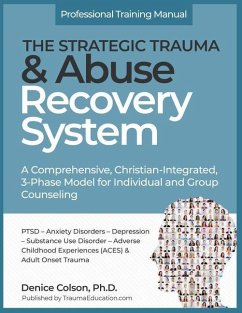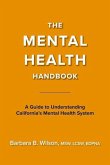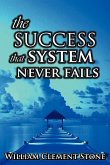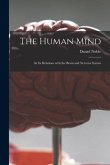The Strategic Trauma & Abuse Recovery System is an evidence-informed, Christian-integrated, structured process for conducting education and treatment. The backbone of the STAR System (STARS) is The Three Progressive Phases of Trauma & Abuse Recovery. These three phases are further broken down into 12 stages. The stages provide a strategy for moving through the healing process, much like a map. It gives both providers and clients a structure to use as they move together through the healing process. Research is currently being conducted to consider this model to be evidence-based, and certification is available. STARS is evidence-informed, meaning: 1. It is source-focused, as suggested by SAMHSA's TIP 57 standards. 2. Dr. Colson built it around the five elements advocated by research on the Contextual Model (Wampold et al., 2009). 3. It follows the three phases of recovery identified by Judith Herman (1997), safety, grieving, and reconnecting. 4. It utilizes structured writing that focuses on actual historical traumatic events that have shown to be as effective as EMD/R (Largo-Marsh and Spates, 2002) and have a significant health impact (Pennebaker and Stone p. 204, 2004). 5. The processing structure facilitates relationship factors suggested by the American Psychological Association, Division 29 (2000). 6. It is spiritually-integrated. Studies have shown that people who view God as a warm and caring, lovable friend and who view their religion as supportive are more likely to have positive health outcomes than those who take a negative view of God and their faith (Ellis, 2000). While references and activities are Christian-oriented, facilitators are expected to meet their clients where they are. The model focuses on God but allows for people to use "greater power" or not believe in God at all. The Strategic Trauma & Abuse Recovery System brings together these various elements and integrates them into Three Progressive Phases(c) which are further broken down into 12 Strategic Stages(c) that provide a road map for both treatment providers and their clients. Counselors and clients aren't left wondering, "What's next?" Because the structure provides for that. You can read this manual alone or attend a 3 to 5-day workshop available at www.TraumaEducation.com.







